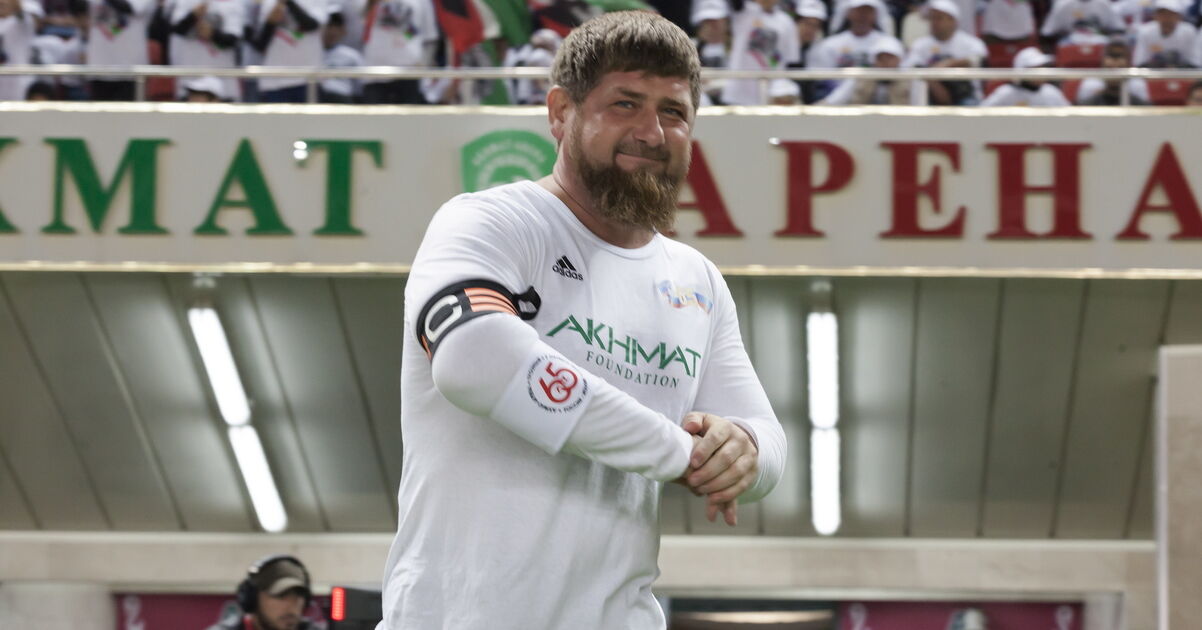FIFA, the international governing body of soccer, has greenlit a World Cup training base in Chechnya against the objections of human rights advocates.
Chechen leader Ramzan Kadyrov stands accused of gross human rights violations against LGBTQ people, journalists, and political opponents. More than 100 people have been imprisoned, beaten, and tortured in an anti-LGBTQ crackdown which began nearly one year ago.
According to the Associated Press, the Chechen capital of Grozny will host finalist team Egypt this year. The move was immediately met with criticism from LGBTQ activists.
“FIFA’s decision to use Grozny for a World Cup team camp is absolutely shocking and outrageous,” Human Rights Watch Associate Director Jane Buchanan tells the AP. “FIFA should reverse their decision and move the training camp to another city.”
The announcement comes less than a year after FIFA unveiled its Human Rights Policy. The 44-page document states that the organization is committed to the U.N. Guiding Principles on Business and Human Rights (UNGPs).
“FIFA will strive to go beyond its responsibility to respect human rights, as enshrined in the UNGPs, by taking measures to promote the protection of human rights and positively contribute to their enjoyment, especially where it is able to apply effective leverage to help increase said enjoyment or where this relates to strengthening human rights in or through football,” the policy states.
Last November the U.S. Senate passed a resolution denouncing Chechnya’s anti-LGBTQ purge, in which queer people were reportedly put in concentration camps. The Department of the Treasury issued sanctions against Kadyrov a month later, which led to Instagram and Facebook banning the Chechen leader.
But despite long overdue action from the U.S. government, the crackdown continues.
Oyub Titiev, the Chechen director at human rights organization Memorial, was arrested by authorities in January on charges of drug possession. Human Rights Watch alleges authorities planted marijuana on Titiev. His charges carry a possible 10-year sentence.
Kadyrov’s government has also been accused of torching the offices of human rights advocatesin Chechnya.
“FIFA needs to reconcile its human rights policy with the serious violations going on there,” Buchanan says. “One way to demonstrate the policy is more than words on paper would be to intervene with the Russian authorities on Titiev’s case.”
In a statement toINTO, a FIFA spokesperson says there should be no doubt about its Human Rights Policy.
“FIFA condemns discrimination of any form,” the statement says. “When FIFA was confronted with the incidents in Chechnya last year, we strongly condemned them. Through its activities, FIFA does not legitimise any regimes.”
The organization says it has also received a letter from Human Rights Watch and will respond shortly.
Photo by Yelena Afonina\TASS via Getty Images
Don't forget to share:
Help make sure LGBTQ+ stories are being told...
We can't rely on mainstream media to tell our stories. That's why we don't lock our articles behind a paywall. Will you support our mission with a contribution today?
Cancel anytime · Proudly LGBTQ+ owned and operated
Read More in Impact
The Latest on INTO
Subscribe to get a twice-weekly dose of queer news, updates, and insights from the INTO team.
in Your Inbox













